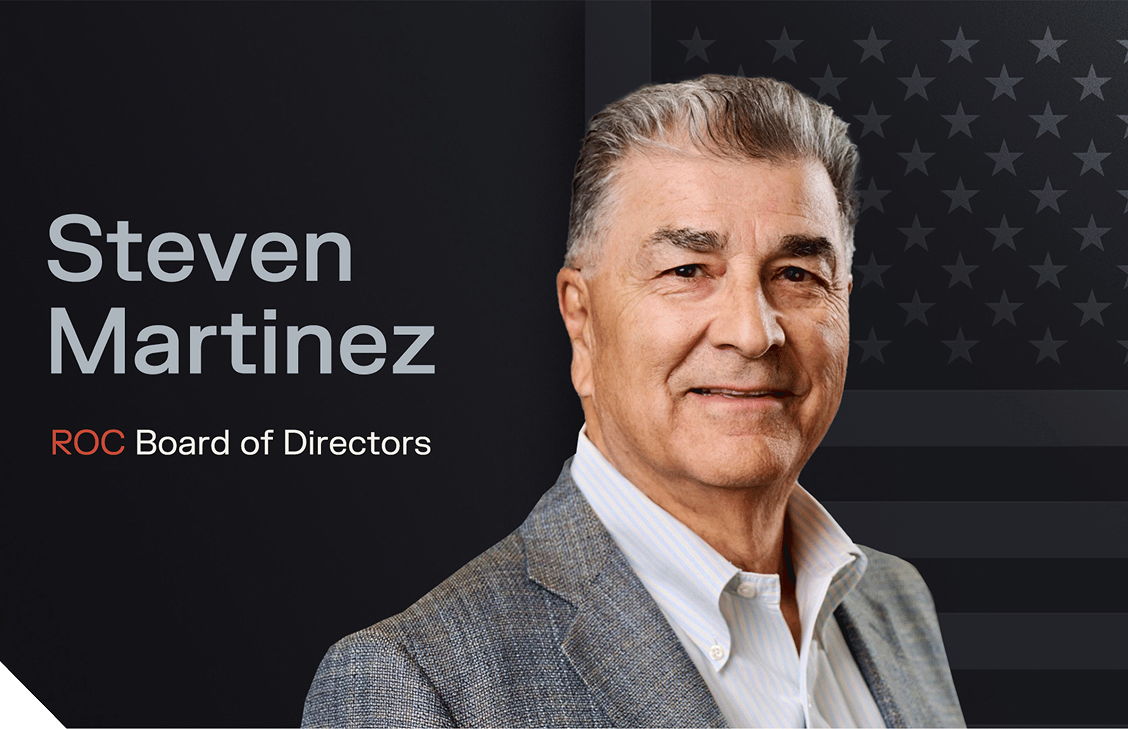America once learned that energy dependence could endanger national power. Today, our overdependence on foreign technology offers a similar but more profound risk. From border control to financial systems, much of the United States now relies on foreign-built artificial intelligence to make critical decisions about identity, security, and trust. Imported code can be just as destabilizing as imported oil. The path forward is to treat AI as critical infrastructure and build a domestic AI industrial base that restores American technological sovereignty. Energy independence defined the last century; AI independence will define the next.
The Quiet Crisis of Foreign Technology Dependence
For nearly a century, America’s geopolitical strength was tied to energy: who produced it, who controlled it, and who could cut it off. We learned, sometimes painfully, that dependence on foreign oil could weaken national resolve and distort global strategy.
Today, the same dilemma returns in digital form. Instead of oil tankers, the pipelines are networks. Instead of barrels, the commodity is code. From airports to smartphones to banks, artificial intelligence now powers the systems that decide who we trust, who we let in, and who we flag. Yet many of these systems, the algorithms that verify identities, scan faces, or detect threats, are not American built. They come from foreign suppliers, often from countries that do not share our values or strategic interests.
It is a subtle vulnerability, and that is what makes it dangerous. Energy dependence once constrained our economy. Overdependence on foreign technology could quietly compromise our sovereignty.
When the Algorithm Becomes the Authority
AI now sits at the heart of every decision pipeline that defines modern governance. Facial recognition authenticates millions of identities each day. Predictive analytics inform who gets a loan, a job, or their freedom. Computer vision helps secure borders, airports, and classrooms.
The problem is not AI itself; it is where that AI comes from. The code behind an algorithm reflects not just technical choices but cultural ones: how data is collected, how bias is defined, and what values are prioritized when errors occur. When these systems are imported wholesale, America effectively imports another nation’s assumptions about privacy, fairness, and control.
In a very real sense, the United States has begun importing intelligence itself, not human intelligence, but algorithmic intelligence. The code that makes judgments in our airports, our banks, and our courtrooms increasingly originates from foreign labs. We no longer just import goods. We import the thinking behind them.
That is not globalization; that is the quiet transfer of power from those who build to those who build dependency and lose control of their ability to innovate.
The Strategic Risk of Poison AI in Critical Systems
Consider the reality inside U.S. infrastructure today. Many of the most widely deployed biometric and identity systems still rely on algorithms written, trained, and supported abroad. French, Japanese, and even Chinese and Russian providers dominate key segments of the global market for both face and fingerprint recognition.
These systems often operate as black boxes — opaque, unexplainable, and unaccountable. The agencies and companies that depend on them cannot inspect the code, verify the data sources, or ensure the models have not been trained to fail under specific conditions. That is not a theoretical concern, but a national security vulnerability hiding in plain sight.
Part of the problem is our immaturity in truly assessing supply chain risk. We often stop at the surface, checking whether a company is U.S. based, a U.S. subsidiary, or operating under a security mitigation plan. But supply chain security is not about the headquarters address or the legal wrapper around a business. It is about the origin of the technology itself. Namely, where the AI algorithms are designed, trained, and maintained. Until our risk frameworks evolve to trace technology to its true source, we will continue to mistake ownership for assurance.
In a world where digital theft has replaced industrial espionage, every imported algorithm carries the potential for invisible extraction — the silent siphoning of data, techniques, and trade secrets that fuel another nation’s progress at our expense. Worse, in certain systems, foreign-trained ‘Poison AI’ models could be designed to make subtle allowances, creating quiet permissions for the wrong people or unseen blind spots for legitimate threats. These shadow vulnerabilities may never appear in testing but can shape how borders are secured, justice is served, and defense systems respond in moments of crisis.
An untrusted AI system embedded in border control is no different than a hostile power controlling an oil pipeline. Both can be weaponized in moments of tension. Both erode confidence, control, and the freedom to act on our own terms.
From Energy Independence to Technological Independence
The United States once mobilized an entire industrial base to regain energy security. It invested in domestic exploration, renewable innovation, and resilient infrastructure. The result was not just energy independence, it was strategic independence.
We now need a similar transformation for technology. The same urgency that once fueled the Manhattan Project and the Apollo program must drive a new mission: to establish an American AI industrial base and an ecosystem of transparent, homegrown algorithms that serve the public interest.
Technological independence does not mean isolationism. It means ensuring that America can build, audit, and trust its own code without relying on opaque systems from abroad.
Ethics as a Strategic Asset
But technological sovereignty is only half the battle. The true differentiator is in building systems that reflect our values. The United States should lead the world not merely in AI performance but in AI integrity. Fairness, transparency, and auditability must become the hallmarks of American engineering.
When America builds technology that is open, explainable, and accountable, it creates systems the world can trust. Other nations may adopt American AI not only because it leads in performance but because it reflects principles already familiar to global democracies, such as respect for privacy, fairness, and individual rights. That combination of innovation and moral clarity can make American AI a global standard, trusted across borders because it stands for something greater than itself.
And while some nations weaponize technology for surveillance, control, or theft, America can lead by example, proving that AI built on transparency and respect for human dignity is not only safer but stronger.
Foreign providers may view these standards as inefficiencies. But in a democracy, ethics is efficiency. Trust is what allows technology to scale without backlash. Ethical design is how we compete, and how we win.
A Call for Leadership to Reclaim Tech Sovereignty
If the last century was defined by oil fields, the next will be defined by data fields. Just as the nation once built pipelines and refineries, we must now build AI foundries, centers of innovation that refine raw data into secure, transparent algorithms.
Congress and the Executive Branch should formally designate AI as critical infrastructure, ensuring domestic sourcing, trusted supply chains, and transparent certification for any algorithm used in national systems. Defense, justice, and homeland security systems must be held to the highest standards of provenance and trust.
We must also confront an uncomfortable truth: many of our most critical systems already run on foreign technology. For years, there was no other option as the U.S. had not yet built what it needed. But that is no longer the case. Despite this fact, almost every AI engine that fuels our national biometric screening processes is still foreign built. Agencies continue to renew contracts and sole source to the same foreign entities, funneling money into other nations’ industrial bases instead of our own.
It is time to rip off the bandage. Replacing technology that works but compromises sovereignty will not be easy, but it is necessary. Comfort has become our greatest barrier to progress. Modernization must mean more than maintaining uptime. Instead, it must mean regaining control. Policymakers and program leaders must mandate change, reinvest in domestic innovation, and fuel the American companies capable of leading the next wave of secure and ethical AI. That reinvestment in our own ingenuity will be how we rise above the rest of the world.
Energy independence once powered the rise of American innovation dominance. Technological independence will determine the next one.
Our challenge is not just to invent new technologies but to ensure they are ours: built with American values, by American engineers, and most importantly — in service of the American people.
The world’s next superpower will not be the nation with the most oil, it will be the one with the most trustworthy, performant, and dependable algorithms. The kind of technology the rest of the world can trust and aspire to emulate.
And this time, we must ensure those algorithms are born in the United States.
Future-ready insights.
Straight from the source.
Subscribe for Vision AI insights, product updates, and stories from the front lines of identity and antelligence.



